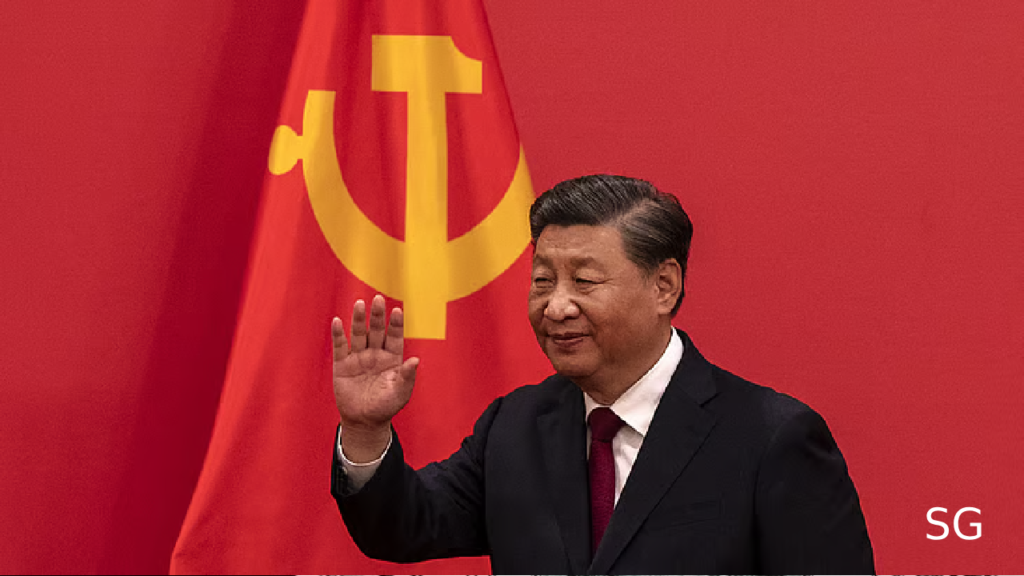Table of Contents

Xi Jinping 2025 Meeting Signals Strategic Shift for China’s Private Sector
In a pivotal meeting on Monday, President Xi Jinping called upon the leaders of China’s most influential tech firms to bolster the country’s ambitions in the face of growing geopolitical and economic challenges. The gathering, which included top executives from BYD, Huawei, Alibaba, Tencent, Xiaomi, and DeepSeek, underscores a shift in China’s private sector strategy.
A Change in the Private Sector’s Role
The meeting marks a stark contrast to the 2018 gathering, when smaller, less influential firms dominated the event. At that time, China’s economy was still expanding rapidly, and the geopolitical landscape was relatively stable. However, by 2025, tensions with the United States have escalated, and China is now prioritizing its top tech companies to help combat external pressures and foster domestic growth.
Technological Self-Reliance and Supply-Chain Security
Xi’s meeting highlighted the importance of achieving “new productive forces” that will enable China to break free from its middle-income trap and compete with the United States. Experts believe these tech giants play a pivotal role in helping China become more self-reliant in technology and supply chains, countering the influence of U.S. restrictions.
Emphasis on Equal Competition
Xi’s message to the private sector was clear: these companies must not only drive technological advancements but also ensure that they can compete on equal footing with state-owned enterprises. This call for confidence and collaboration reflects a shift toward fostering innovation while maintaining control over strategic sectors.
Private Enterprises in Focus
The tech champions invited to the meeting demonstrate Xi’s growing recognition of the private sector’s contribution to China’s economic future. Huawei’s Ren Zhengfei and BYD’s Wang Chuanfu were seated directly opposite the President, symbolizing their central role in the country’s tech strategy. Alibaba’s Jack Ma and Tencent’s Pony Ma, both previously targets of government scrutiny, were also seated in the front row, signaling their rehabilitation within the political fold.
A Sign of Shifting Policies
This gathering is part of broader efforts to re-establish confidence in the private sector, which has faced significant challenges due to regulatory crackdowns in recent years. The anticipated passage of the Private Economy Promotion Law, which promises to protect and treat private companies equally under the law, will further solidify this commitment.
Optimism Amid Challenges
While the market responded positively to the meeting and the potential for greater support for innovation industries, caution remains. Investors remain wary, recalling past disappointments when similar assurances failed to materialize. However, analysts believe that continued policy support and the performance of key tech firms will be critical to the sector’s future success.
Conclusion
China’s strategic focus on its leading tech companies marks a turning point in the private sector’s role within the national economy. By positioning these firms as central to its geopolitical and economic objectives, Beijing aims to navigate current challenges and ensure that China remains competitive in the global technology race.
“Xi Jinping 2025 Meeting Signals Strategic Shift for China’s Private Sector” “Xi Jinping 2025 Meeting Signals Strategic Shift for China’s Private Sector” “Xi Jinping 2025 Meeting Signals Strategic Shift for China’s Private Sector” “Xi Jinping 2025 Meeting Signals Strategic Shift for China’s Private Sector”